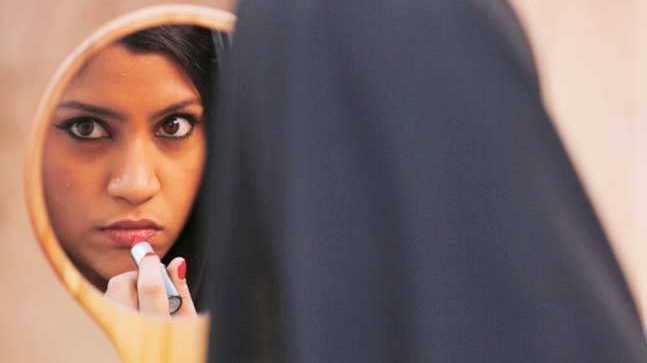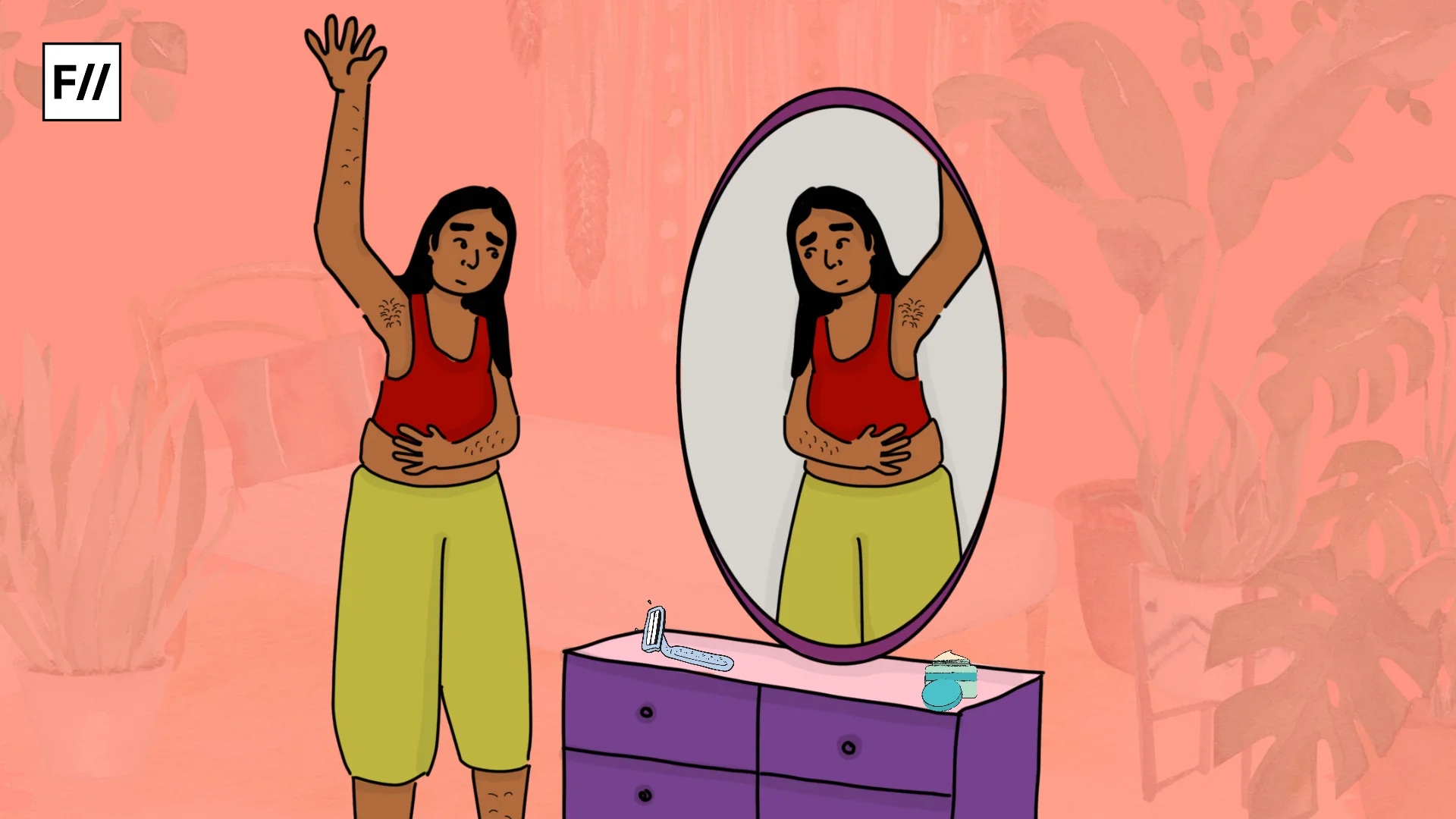Posted By Meetali Kalia
Acceptance, appreciation and attention, in the form of compliments are the fuel of a happy social life. When it comes to women, what are these standards?
1. Looks
According to conventional societal conditioning this is the first parameter you’ll be assessed on—your facial features, color of your skin and your outfit. The precision with which you can imitate the way media projects an average English woman, is the bar. But wait, what if you are Asian and racially meant to be different?

Well media has a place for you too, but only as a sexual fetish. There are certain features considered desirable for a female body. Contemplate, and you’ll realize the levels of hypersexualisation normalized in our lives. Next time you get compliments, wonder why you got it. Does the outfit you wear makes you look skinny, exposes your skin more, or to what degree do you imitate the image of ‘what a woman should look like’ painted by media?
With that being said, I don’t know what a female gaze is. I find most of the narratives an appropriation by ‘patriarchy’. Are we all guilty feminists? Guilty for enjoying the objectification we want to fight? No. The only one guilty here is patriarchy.
We style ourselves to be ‘looked at’ and receive compliments. Okay, I am not being adamant without a cause. Yes, I agree you dress for yourself. But where did you get this sense of self from? The society that shamelessly feeds the male gaze. What is a female gaze? Does it even exist? Technically, to assess this you’ll need to locate the level of internalization of patriarchal norms, something which can only be achieved from ‘outside’. Probably an extraterrestrial creature with no pre-set biases.
With that being said, I don’t know what a female gaze is. I find most of the narratives an appropriation by ‘patriarchy’. Are we all guilty feminists? Guilty for enjoying the objectification we want to fight? No. The only one guilty here is patriarchy. We are made to enjoy this ‘objectification’, so deeply ingrained irrespective of gender. And since this was the only thing we were getting accepted and appreciated for, we too, become our own oppressors. When this sense of acceptance is driven from inside, for things other than ‘just our looks’, we will seek it lesser from the society.
I don’t put make up. But whenever I do once in an year, I get compliments for the same. The highest likes on my Instagram profile is on the post where I am imitating ‘the image’ the most. I acknowledge it with all respect. My understanding of how society perceives, has stemmed out of these experiences.
Also read: Sexism Is In The Air: Female Flight Attendants Await Their Feminist Revolution
I have changed the way I compliment women. Instead of generalizing the adjectives for imitating ‘the image’ I add the word ‘conventional’ to it. Yesterday when I wore the halter neck black top and looked at myself in the mirror, I thought I looked pretty. But then I added a question—with respect to what? The conventional way. Yes I indeed did.
That’s what feminism taught me. You and your understanding of this oppression have their unique value and space. Don’t give in just like that. Question. Our daily lives are flooded with patriarchal manifestations in least obvious ways.
But is that my sole definition for being pretty? No. I define it in a much more personal understanding. That’s what feminism taught me. You and your understanding of this oppression have their unique value and space. Don’t give in just like that. Question. Our daily lives are flooded with patriarchal manifestations in least obvious ways.
Self-sexualisation and self-objectification are the most intimate forms of oppression. Unlearn the behaviors which make you objectify yourself and reduce your worth.
Also read: On Body Image, Killing Looks and Loving Yourself
2. Well, I’ll try to be a little witty here. Did you honestly think there is another standard? Society doesn’t seem to have one.
Meetali likes to celebrate mediocrity, gets awkward after heavy socialising, loves coincidences and her dog, Kiwi. She is usually the brutally honest person in the room.
About the author(s)
Guest Writers are writers who occasionally write on FII.





Wow. I’ve been contemplating on this thing for a while now “dressing for yourself” and it never seemed to fit with empowering ourselves in the society or how did it liberate our bodies the way we thought it did. This article really cracked a code there.